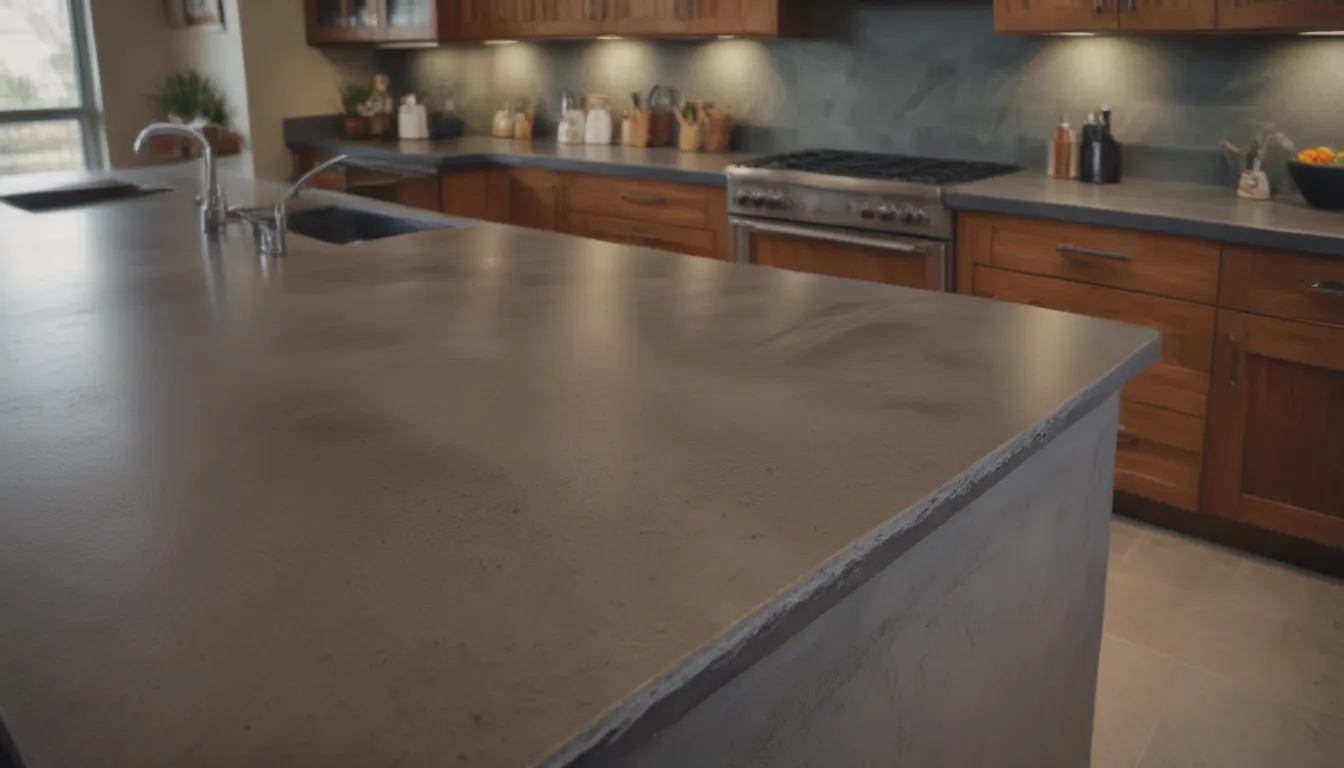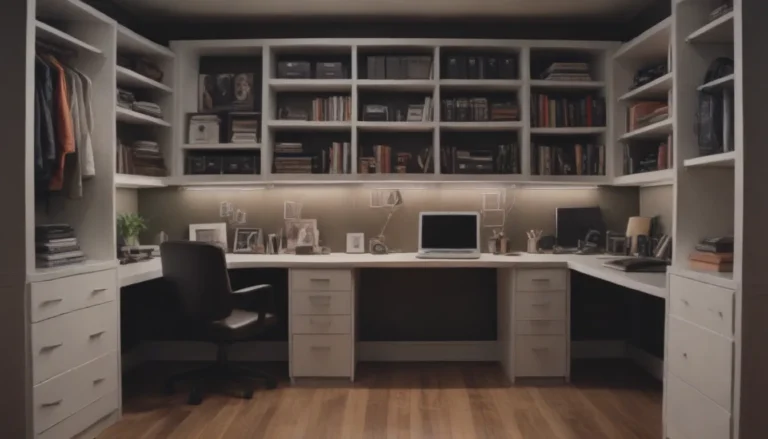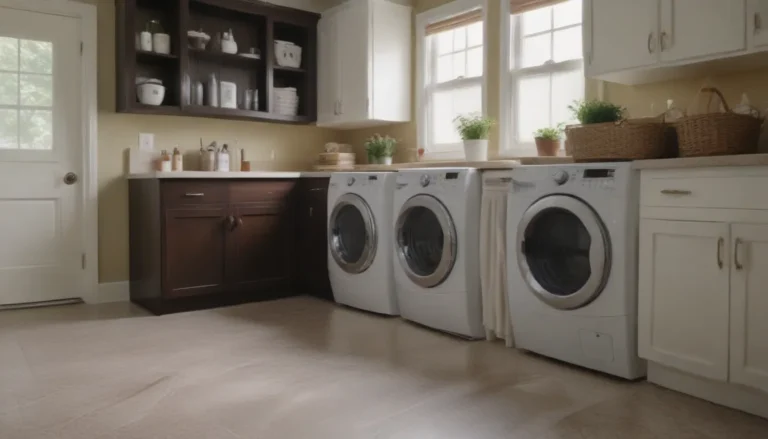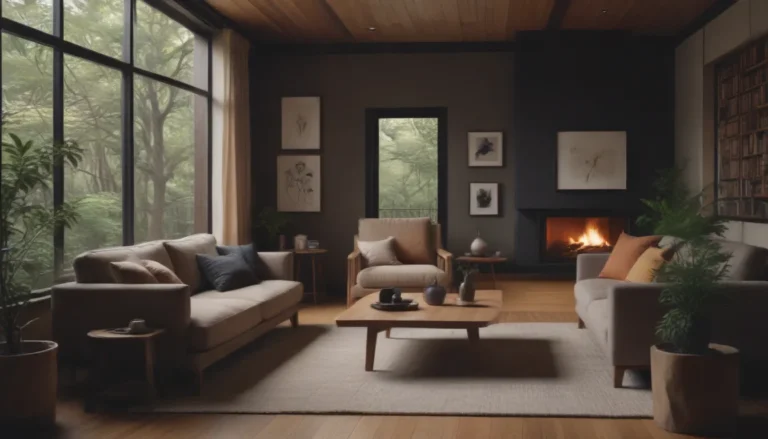Exploring the World of Concrete Countertops: Everything You Need to Know

Are you considering upgrading your kitchen with a new countertop that offers both style and durability? If so, concrete countertops might be the perfect choice for you. In this comprehensive guide, we will delve deep into the world of concrete countertops, discussing their pros and cons, cost, maintenance, design options, installation process, and more. By the end of this article, you will have a thorough understanding of whether concrete countertops are the right fit for your kitchen.
Pros and Cons of Concrete Countertops
Pros
- Customization: Concrete countertops can be custom-sized and shaped to perfectly fit your kitchen dimensions.
- Durability: They are difficult to scratch and impervious to heat, making them long-lasting.
- Design Options: Concrete offers a wide range of colors, styles, and finishes, allowing for a truly personalized look.
- Value: Concrete countertops are considered a premium surface and can improve the resale value of your home.
Cons
- Cost: Concrete countertops can be expensive, with prices ranging up to $135 per square foot.
- Maintenance: Regular sealing is required to prevent staining, and repairs can be difficult for DIYers.
- Weight: The excessive weight of concrete countertops may require reinforcement of cabinets and floors.
Concrete Countertops Cost
Contrary to popular belief, concrete countertops are not a budget-friendly option. The fabrication and installation of concrete countertops can cost upwards of $135 per square foot. Due to their heavy weight, additional reinforcement of cabinetry and floors may be necessary, further increasing the overall cost. It’s essential to factor in these expenses when considering concrete countertops for your kitchen remodel.
Maintenance and Repair
Proper maintenance is crucial to ensure the longevity of your concrete countertops. Here are some essential tips for maintaining and repairing concrete countertops:
– Sealing: Apply a high-quality water-based wax sealer every 9 to 12 months to prevent staining.
– Cleaning: Use mild soap and water for daily cleaning and avoid abrasive cleaning products.
– Avoid Heat: Use a cutting board when placing hot pans on the counters to prevent damage to the sealant.
– Crack Repair: Hairline cracks are common in concrete countertops and can be filled and repaired as needed.
Design Options
Concrete countertops offer endless design possibilities, allowing you to create a unique and stylish kitchen space. Here are some design options to consider:
– Custom Shapes: Concrete can be molded into curves, edges, and unusual shapes to suit your space.
– Color Choices: From light gray to deep black, concrete can be customized with various color options.
– Finishes: Choose between matte, glossy, or etched finishes to achieve your desired look.
– Additions: Small objects like stones, glass, or metal chips can be embedded into the concrete for added flair.
Concrete Countertops Installation
While concrete countertops may appear as thick slabs, they are typically only 1-1/2 to 2 inches thick. Here is an overview of the installation process:
– Fabrication: Countertops are often fabricated in shops after precise measurements are taken.
– Reinforcement: Countertop slabs are reinforced with fiber or metal mesh for strength.
– Finishing: The surface is ground, polished, and sealed before installation.
– Delivery and Installation: An installation crew delivers and installs the countertop at the worksite.
Are Concrete Countertops Right For You?
Concrete countertops offer a blend of durability, style, and customization options that make them a popular choice for modern kitchens. Before making a decision, consider the following:
– Durability: Concrete countertops are long-lasting if properly maintained.
– Design Flexibility: Customize the color, shape, and finish to suit your kitchen’s style.
– Cost Considerations: Factor in the installation cost and potential need for reinforcement.
– Maintenance: Regular sealing and care are necessary to preserve the beauty of concrete countertops.
In conclusion, concrete countertops can be a stunning addition to your kitchen, providing a unique and modern aesthetic. With proper maintenance and consideration of the associated costs, concrete countertops can be a worthwhile investment that enhances the value of your home. Whether you opt for sleek gray surfaces or bold, colorful designs, concrete countertops offer versatility and durability that are sure to impress. Consider all the factors discussed in this guide to determine if concrete countertops are the right choice for your kitchen renovation project. Happy remodeling!





